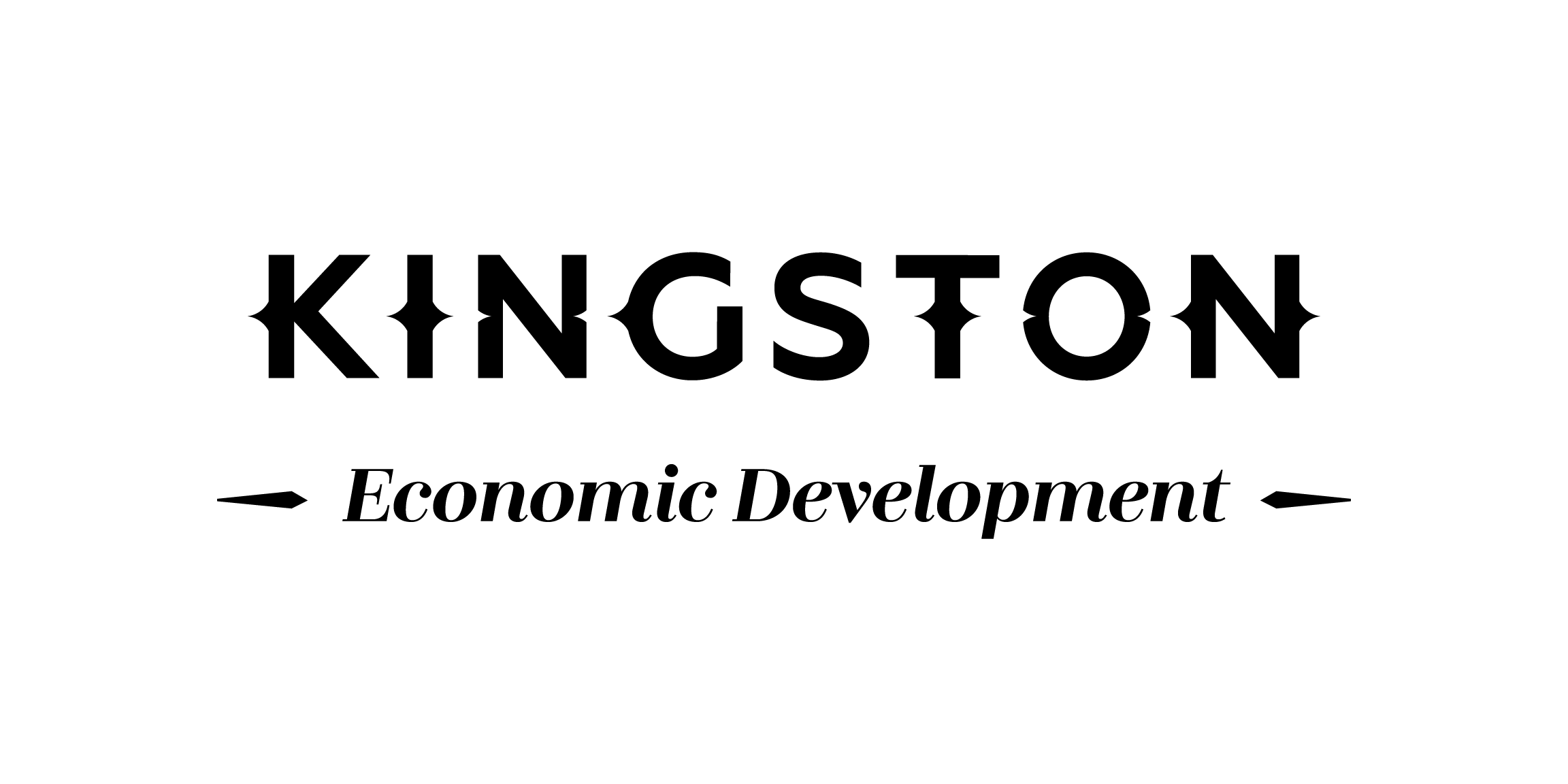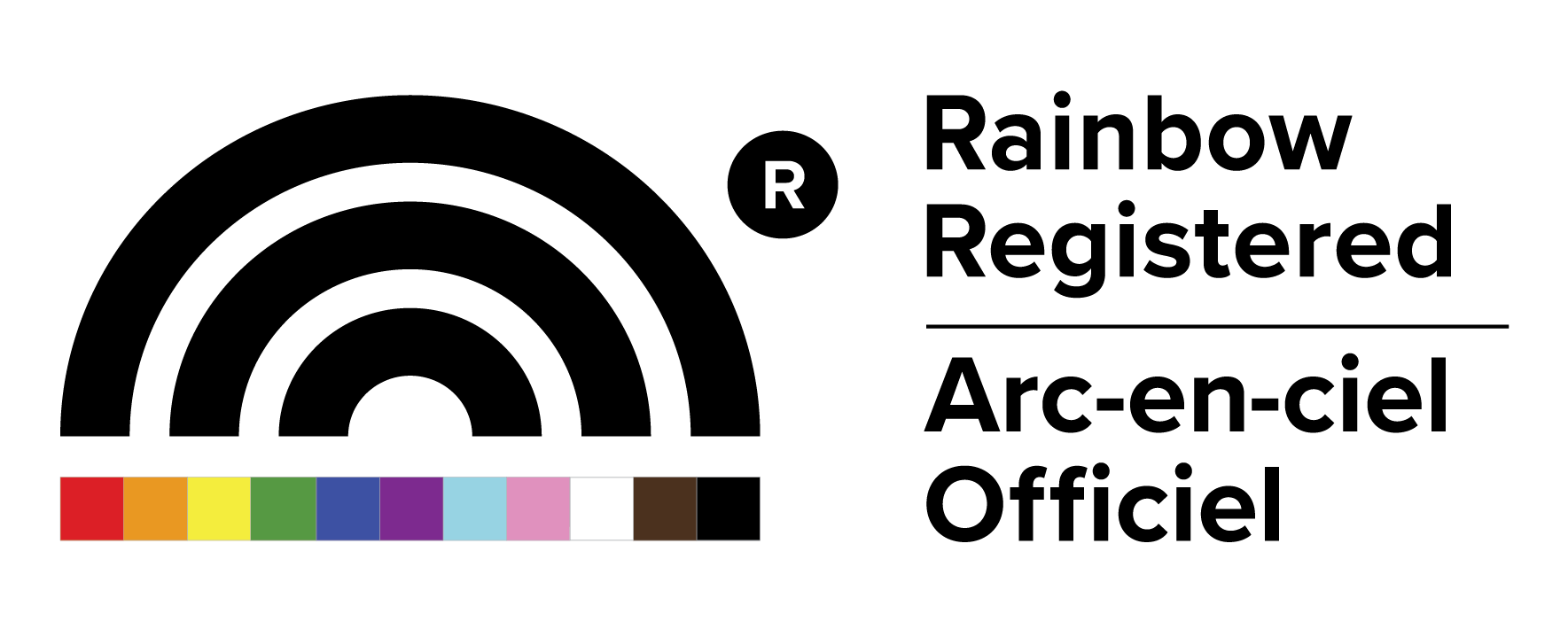March 2023 – Kingston-based Elentra Corp, a Queen’s University spin-out company, is changing health science education at home and around the world with ground-breaking software that tracks and evaluates the education of medical students.
Working with a partner consortium of 20 leading global medical schools to determine the software’s scope, Elentra has become a single platform to track all aspects of a medical students’ academic progress and clinical experience throughout their training.
The goal? To ensure that graduates are ready for the title “doctor” before starting the residencies that will place patients in their care – delivering babies, making incisions, performing surgery, instead of just watching procedures.
Kingston Economic Development’s CEO, Donna Gillespie, admires how Queen’s medical school was able to combine its expertise from Kingston with the needs of international health-sciences schools.
“Kingston and Queen’s University have forged a strong partnership in fostering start-ups over the years. The growing success of Elentra in medical education is particularly rewarding given the software’s benefits to patient care and physician training both here in our Kingston hospitals and globally. We are so proud to see Kingston be part of that success.”
The complete education of a medical student is a long complex process that typically starts with two years in the classroom and evolves into two years’ work in hospital wards. Under the guidelines of competency based medical education (CBME), medical schools must ensure that their graduates have covered the entire curriculum before graduation. With Elentra’s curriculum mapping function, every student’s progress can be tracked in detail and supervising faculty can be sure that gaps — whether academic or practical — are filled. Course completion, exam results and clinical experiences (like witnessing a heart attack or a caesarean birth) are entered into the individual student record so licencing bodies know that graduating doctors have demonstrated the skills needed to work with patients independently.
The Elantra software has many modules beyond curriculum tracking. It can deliver online examinations remotely (and provide exam results), maintain learner portfolios, measure the balance of course content, schedule clinical experiences, host forums and manage a wide range of data and analytics. It also offers assessment and evaluation of student, faculty, and course performance. Medical schools choose which modules they want to apply to both undergraduate and graduate programs although there is no client customization of the software. But the platform is robust enough to serve a range of specialties including dentistry, nursing, pharmacology, rehabilitation therapy and even veterinary medicine.
A popular feature is the management of clinical placement lotteries — a particularly fraught exercise for students hoping that administrators will find a balance between the specialty departments they want and a teaching-hospital’s limited capacity for interns. Today, Elentra’s algorithms have replaced human hours and spreadsheets to analyse students’ order of preference and clinical openings.
While Queen’s school of medicine began work on software in 2004 to ease its own seven-year accreditation process, its IT and faculty team soon realized that the Elentra platform could benefit all medical schools. In 2008, the school assembled what became a 20-member consortium to give its developers broader input into the needs and priorities of health science educators. While many more universities have begun to use the software, the consortium group remains active and continues to collaborate with the company.
In 2021, Queen’s incorporated Elentra. Later that year, they named start-up expert Greg Vanclief (a senior global investment and business development executive from Ottawa’s high-tech community) CEO with the mandate to scale up the company. Says Vanclief, “We had tremendous advantages as a start-up with a mature product and existing clients but have spent the past year establishing the many key attributes of organization, process and planning that lead to a truly scalable and successful company. The future for Elentra is incredibly bright.”
Today, Elantra’s is made up of a team of Kingston-based employees and other staff based in locations around the world. The company continues to expand the platform’s capabilities and is continuing to grow its global customer base.







